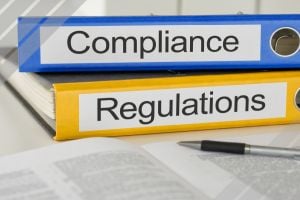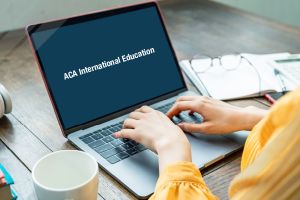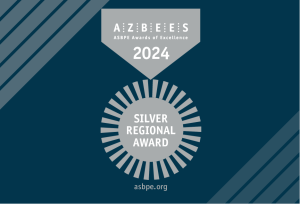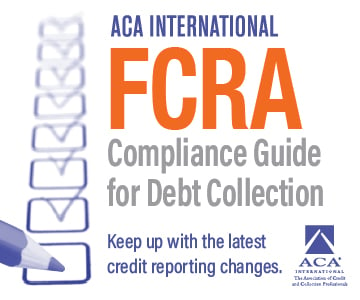 The bureau says it is heightening scrutiny of servicers who try to collect on student loans discharged in bankruptcy.
The bureau says it is heightening scrutiny of servicers who try to collect on student loans discharged in bankruptcy.
03/17/2023 2:10 P.M.
3 minute read
The Consumer Financial Protection Bureau (CFPB) issued a bulletin Thursday warning servicers about unlawful conduct regarding student loans that have been discharged in bankruptcy courts.
The bureau said its examiners found servicers engaging in unfair practices in trying to collect on loans discharged in bankruptcy and that it will act if it finds servicers doing so.
“When a court orders the discharge of a loan, lenders and servicers should not treat this as a suggestion,” said CFPB Director Rohit Chopra. “The CFPB has found that some servicers are ignoring bankruptcy court orders. The student loan servicing industry should ensure that their collection practices are compliant with the law.”
Student Loans and Bankruptcy
Student loans are generally not dischargeable in bankruptcy unless consumers can prove that repaying the loan would create an “undue hardship” for them or their dependents. However, some private student loans can be discharged in a standard bankruptcy proceeding, just like most other unsecured consumer debts.
Examples of student loans eligible for standard bankruptcy discharge, according to the CFPB, include:
- “Loans made to attend schools that are not eligible to receive U.S. Federal student aid, such as unaccredited schools and foreign schools (‘non-Title IV schools’).
- Loans to students attending school less than half-time.
- Loans made in amounts in excess of the cost of attendance, which are often disbursed directly to the borrower, instead of the school.
- Loans made to cover fees and living expenses incurred while studying for the bar exam or other professional exams.
- Loans made to cover fees, living expenses, and moving costs associated with medical or dental residency.
- Other loans made for non-qualified higher education expenses.”
What the Bureau Found
The CFPB said its examiners identified student loan servicers who failed to distinguish between education loans that are discharged in a standard bankruptcy proceeding and loans that are not. As a result, servicers improperly sought to collect on loans that had been discharged by bankruptcy courts.
“The CFPB found that, when faced with continued collection activities in violation of bankruptcy court orders, many borrowers continued to make payments, sometimes paying thousands of dollars on debts that they no longer owed,” according to the bulletin. “These supervisory findings build on previous work from 2014, when the CFPB found that student loan servicers deceptively told borrowers that their loans were not dischargeable in bankruptcy even though the Bankruptcy Code does allow for discharge.”
The bureau urges servicers to “proactively identify student loans that are discharged via standard bankruptcy orders, permanently cease collections, and refund any consumers who have been affected by unlawful collections in the past.”
The bulletin functions as a reminder to servicers that collecting on student loans that are discharged by a bankruptcy court may constitute an unfair act or practice in violation of the Consumer Financial Protection Act (CFPA). It does not impose any legal requirements.
ACA’s Take
Debt collectors should have policies and procedures designed to prevent any collection activity on student loans both during the automatic stay and after discharge of a student-loan debt.
The automatic stay imposed by 11 U.S.C. § 362(a) broadly prohibits, upon filing of a debtor’s bankruptcy petition, nearly all collection attempts against a debtor until that debtor’s bankruptcy case has ended.
Once the bankruptcy case has ended, the debtor’s generally no longer personally liable for any debt that has been discharged in bankruptcy. In short, a discharge in bankruptcy amounts to a permanent statutory injunction that prohibits creditors (and their collection agents) from taking any action intended to collect the discharged debt.
It has also been published in the Federal Register, effective March 23.
In its bulletin, the CFPB also pointed out a related document on its website: “Busting Myths About Bankruptcy and Private Student Loans.”
ACA International members can also read the ACA SearchPoint document, “Discharging Student Loans Through Bankruptcy.”
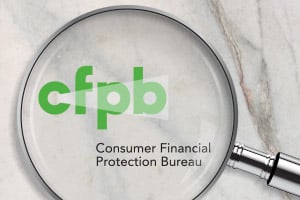 The bureau says it is heightening scrutiny of servicers who try to collect on student loans discharged in bankruptcy.
The bureau says it is heightening scrutiny of servicers who try to collect on student loans discharged in bankruptcy.



